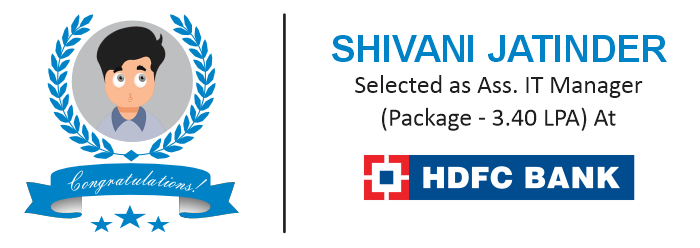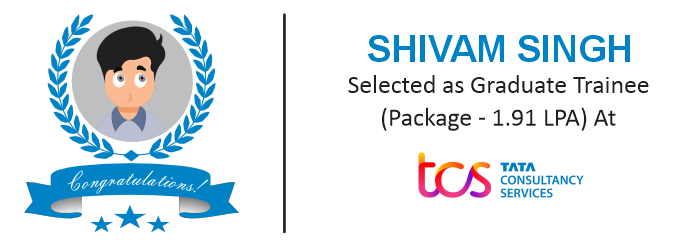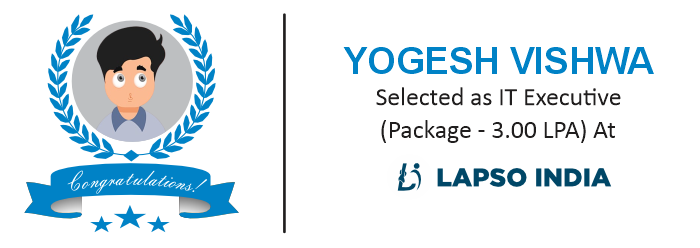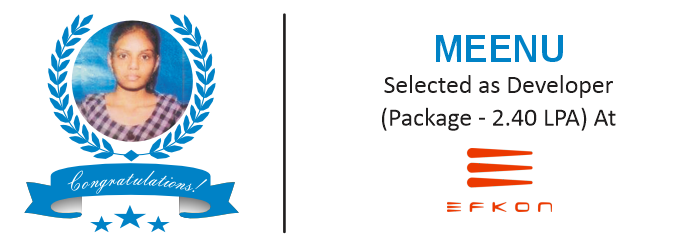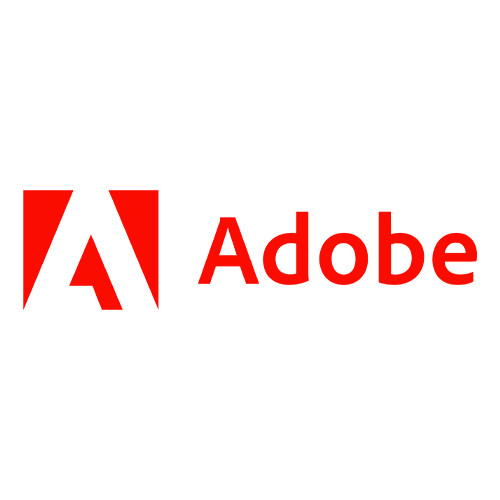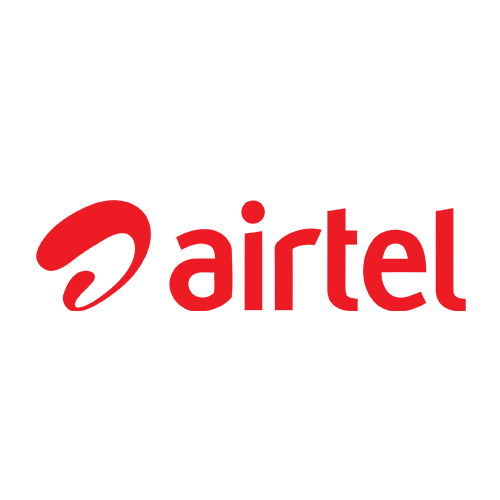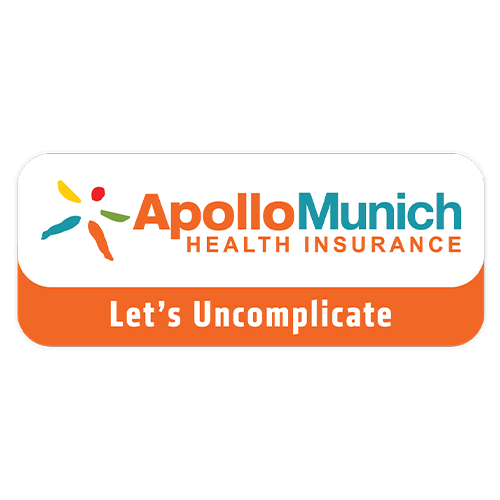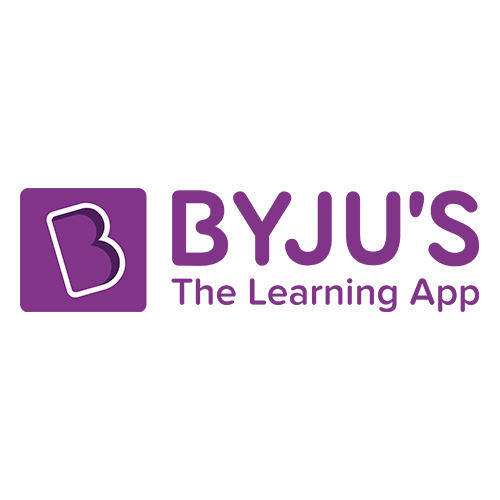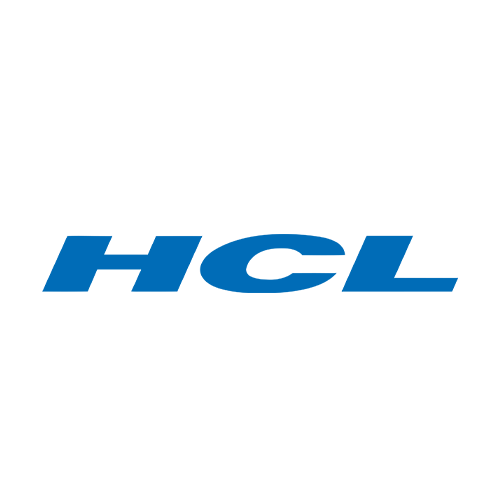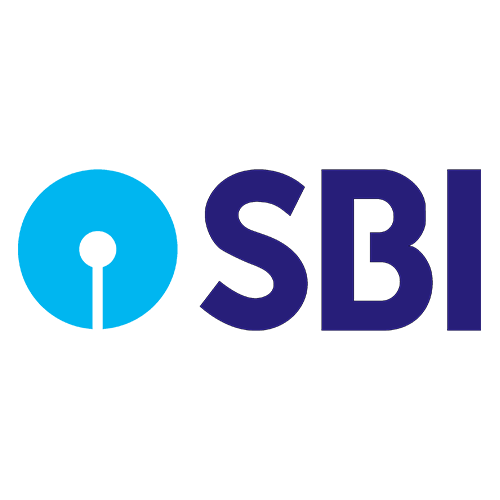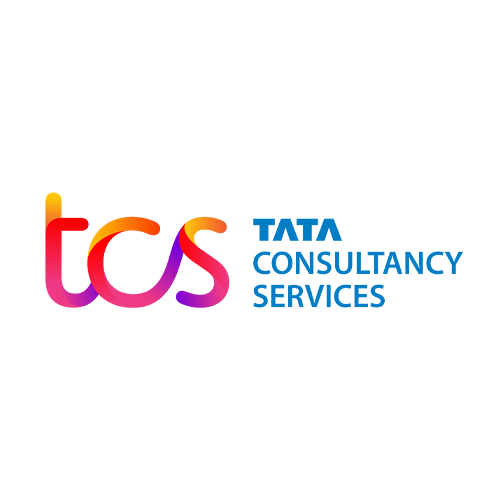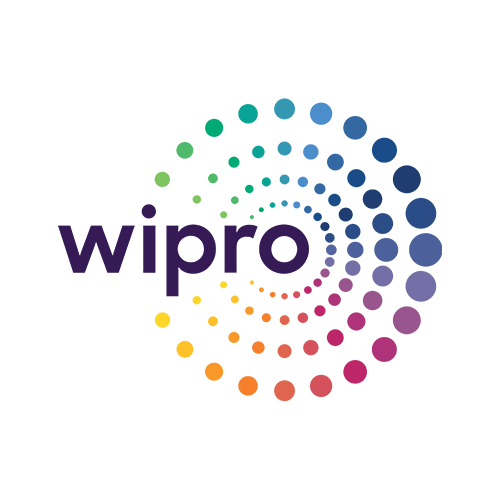Enquiry For Demo
C++ Programming Language Course

Course Duration- 120 Hours | Internship Plus
Course Objectives:
Learn to create and manage dynamic web applications with seamless backend and frontend integration
Build secure and efficient APIs using Laravel to enable robust communication between systems.
Analyze application performance and optimize database queries using Laravel's Eloquent ORM.
Prepare to develop, deploy, maintain scalable, full-stack web solutions for real-world business needs.
Industry Readiness Certification Programs
About C++ Programming Language Course
The Full Stack PHP with Laravel Certification is designed to equip learners with the skills needed to develop robust, scalable, and dynamic web applications. This program focuses on mastering PHP, a widely-used server-side scripting language, and Laravel, one of the most powerful and user-friendly PHP frameworks. Participants will gain a deep understanding of backend development, database integration, API creation, and frontend technologies to build full-stack web solutions. The certification emphasizes hands-on training, enabling learners to create real-world applications with Laravel's elegant syntax and powerful tools.
This Course is Suitable For
- Aspiring Web Developers: Individuals looking to build a strong foundation in web development and master both frontend and backend technologies.
- Software Developers: Professionals seeking to enhance their programming skills and learn to develop dynamic web applications using PHP and Laravel.
- Computer Science Students: Learners aiming to gain practical experience in full-stack development as part of their educational curriculum.
- IT Professionals: Technology enthusiasts who wish to stay current with modern web development practices and tools.
Course Syllabus Highlights:
Module 1: Introduction to C++
- Overview and History of C++: Procedural and object-oriented capabilities.
- Setup and Compilation: Using IDEs like Visual Studio, Code::Blocks, or command-line tools.
- Basic Program Structure: #include, main() function, basic I/O (cin, cout).
Module 2: Basic Syntax and Data Types
- Data Types: Fundamental types (int, float, double, char, bool).
- Variables and Constants: const and #define for constants.
- Operators: Arithmetic, relational, logical, and bitwise operators.
- Type Casting: Implicit and explicit conversions with static_cast.
Module 3: Control Flow
- Conditional Statements: if, else if, switch-case.
- Loops: for, while, do-while.
- Jump Statements: break, continue, goto.
Module 4:Functions
- Function Basics: Declaration, definition, and calling functions.
- Parameter Passing: By value, by reference.
- Function Overloading: Multiple functions with the same name, different parameters.
- Inline Functions: inline keyword for performance optimization.
Module 5:Pointers and Dynamic Memory
- Pointer Basics: Declaring, dereferencing, pointer arithmetic.
- Dynamic Memory: new and delete for managing memory.
- Smart Pointers (C++11): unique_ptr, shared_ptr for memory safety.
Module 6:Object-Oriented Programming (OOP)
- Classes and Objects: Defining classes, creating objects, data encapsulation.
- Constructors and Destructors: Object initialization and cleanup.
- Access Specifiers: public, protected, private.
- this Pointer: Referring to the current object.
Module 7:Inheritance
- Single and Multiple Inheritance: Base and derived classes.
- Accessing Base Class Members: Using protected and public inheritance.
- super Keyword: Calling base class constructors.
- Virtual Base Classes: Diamond problem resolution.
Module 8:Polymorphism
- Compile-Time Polymorphism: Function and operator overloading.
- Run-Time Polymorphism: Virtual functions, method overriding.
- Abstract Classes and Pure Virtual Functions: Enforcing derived class implementations.
Module 9: Operator Overloading
- Basics of Overloading: Overloading +, -, <<, >>, etc.
- Rules for Operator Overloading: Creating intuitive operator functionality.
- Overloading for Custom Data Types: Defining operators in classes.
Module 10: Templates and Generic Programming
- Function Templates: Defining functions for generic types.
- Class Templates: Creating data structures with generic types.
- Template Specialization: Customizing templates for specific types.
Module 11: Exception Handling
- Basics of Exceptions: try, catch, and throw.
- Standard Exception Classes: std::exception, std::runtime_error.
- Custom Exceptions: Defining user-defined exceptions for error handling.
Module 12: Standard Template Library (STL)
- Containers: Vector, List, Deque, Set, Map.
- Iterators: Using iterators for traversing containers.
- Algorithms: Sorting, searching, and modifying containers.
- Function Objects (Functors): Custom comparison logic for algorithms.
File I/O
- File Streams: ifstream, ofstream, fstream.
- Reading and Writing Files: Using << and >> operators.
- File Manipulation: seekg, seekp, tellg, tellp.
Final Project
- Project Ideas: Student management system, inventory application, or calculator.
What You'll Learn?
-
 PHP Programming Basics
PHP Programming Basics
-
 Laravel Framework
Laravel Framework
-
 MVC Architecture
MVC Architecture
-
 Routing and Middleware
Routing and Middleware
-
 Database Management
Database Management
-
 Building RESTful APIs
Building RESTful APIs
-
 Frontend Technologies
Frontend Technologies


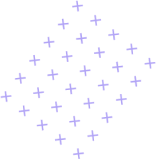





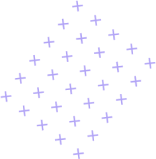
.png)
